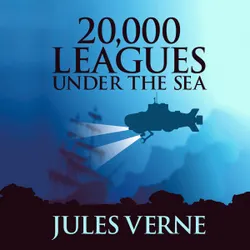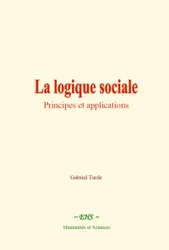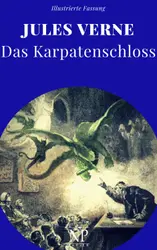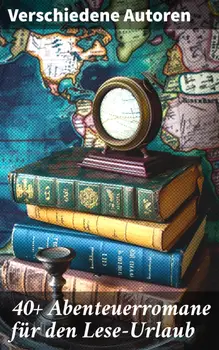Diese bemerkenswerte Anthologie, '40+ Abenteuerromane für den Lese-Urlaub', lädt Leser ein, sich auf eine literarische Reise durch die Welt des Abenteuers zu begeben. Mit einer beeindruckenden Vielfalt an Stilen und Themen, die von exotischen Erkundungen über rätselhafte Detektivarbeiten bis hin zu heroischen Entdeckungsreisen reichen, bietet die Sammlung eine erhebliche Bandbreite an literarischen Erfahrungen. Werke wie die packenden Erzählungen von Alexandre Dumas und die spannungsreichen Geschichten von Edgar Allan Poe gewähren Einblicke in unterschiedliche narrative Traditionen und setzen Maßstäbe für deren Genre. Die Auswahl der Autoren umfasst einige der bedeutendsten Schriftsteller der Abenteuerliteratur. Diese Anthologie vereint Beiträge, die verschiedene Epochen und Kulturen umfassen, und stellt dabei den Reichtum und die Vielfalt des Genres heraus. Autoren wie Jules Verne, Mark Twain und Rudyard Kipling erschaffen durch ihre Erzählungen einen lebendigen Dialog zwischen den Zeiträumen und schaffen ein reichhaltiges Panoptikum menschlicher Natur und Neugier. Diese Sammlung bietet somit nicht nur klassische Erzählungen, sondern auch einen interkulturellen Diskurs, der die Leser für die Breite der Abenteuerliteratur sensibilisiert. Für Leser, die ihren Horizont erweitern möchten, ist diese Anthologie ein unverzichtbares Kompendium literarischer Entdeckungen. Sie bietet eine einzigartige Gelegenheit, innerhalb eines einzigen Bandes eine Fülle an Perspektiven und Stilen zu erkunden. Ob zur persönlichen Bildung oder zur reinen Freude am Lesen, die '40+ Abenteuerromane für den Lese-Urlaub' sind eine Einladung, sich der Vielfalt des Genres hinzugeben und die faszinierenden Dialoge zwischen den Meisterwerken zu erleben."}

Reise zum Mittelpunkt der Erde
Jules Verne
audiobookbook
20,000 Leagues Under the Sea
Jules Verne
audiobookbook
Die Kinder des Kapitäns Grant - Der Abenteuer-Klassiker
Jules Verne
audiobook
Voyage au centre de la Terre - Livre Audio
Jules Verne, Livres audio en français
audiobook
Science Fiction Klassiker: Die große Hörbuch Box : Frühe Meisterwerke der fantastischen Literatur
Edgar Allan Poe, Jonathan Swift, Robert Louis Stevenson, Jack London, Nathaniel Hawthorne, H. G. Wells, Jules Verne
audiobook
Eine Reise mit dem Ballon
Jules Verne
audiobook
12 Classic Books You Need to Read Before You Grow up
Antoine de Saint-Exupery, Lewis Carroll, Robert Louis Stevenson, Frances Hodgson Burnett, Mark Twain, Eleanor H. Porter, Jules Verne, Charles Dickens, Jack London, Lyman Frank Baum, Margery Williams, J.M. Barrie
audiobookbook
Twenty Thousand Leagues Under the Sea
Jules Verne
audiobookbook
10+ Masterpieces of Classic Adventures Collection : The Call of the Wild, Twenty Thousand Leagues Under the Sea, Heart of Darkness, The Lost World and others
Jack London, Jules Verne, Robert Louis Stevenson, Jonathan Swift, Daniel Defoe, Arthur Conan Doyle, O. Henry
audiobook
Magellan : sa vie et son voyage autour du monde
Jules Verne, Elisée Reclus
book
Les conquistadors de l’Amérique centrale : Histoire des grands voyageurs
Jules Verne
book
Das Karpatenschloss
Jules Verne
book
